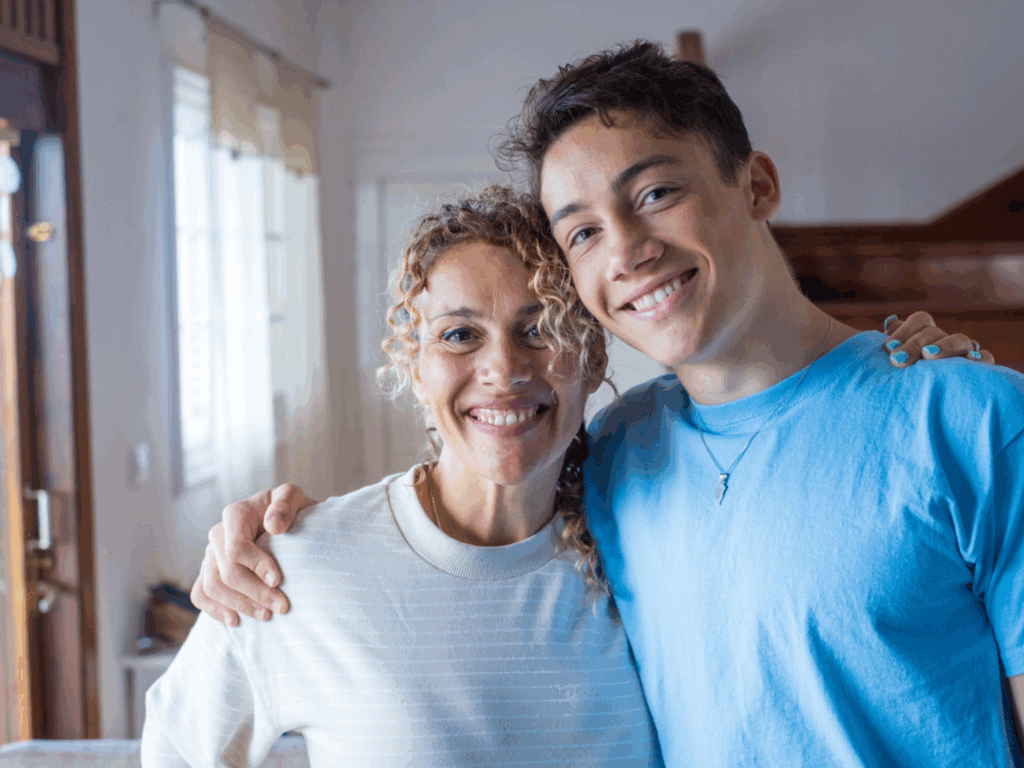Recovery doesn’t happen in isolation—it happens in community. At Harmony, we recognize that addiction affects not only the individual, but also the people who love and support them. That’s why family programming is at the heart of what we do. It’s not just about education—it’s a lifeline.
How Family Education & Peer Support Works
Every Wednesday evening, Harmony invites families to join a peer-led support group designed specifically for loved ones of those in recovery. These gatherings provide a safe, welcoming space where family members can share openly, gain insight, and find comfort in knowing they are not alone.
For many, this weekly touchpoint becomes an anchor in the storm of addiction and recovery. As one participant expressed:
“I have been attending the meeting regularly for almost a year and a half, and it has truly been a lifeline for me. There are honestly times when the meeting has been the thing that has gotten me through the week. I can’t thank you enough! I’m so grateful that Harmony has continued to offer this group—it really makes a difference.”
This kind of heartfelt gratitude highlights the true impact of these Wednesday night gatherings—they are not just meetings, but moments of hope.
Empowering Families Through Education
In addition to ongoing peer support, Harmony offers a Family Education Presentation that equips loved ones with essential knowledge and tools. These sessions cover a wide range of topics, including:
-
The disease model of addiction
-
Harmony’s aftercare plans and ongoing support
-
Relapse prevention strategies
-
The stages of change
-
Substance use disorder diagnostic criteria
-
Healthy communication tips
-
Boundary setting and self-care
By addressing both the emotional and practical aspects of recovery, these presentations help families better understand what their loved one is experiencing while also giving them strategies to support themselves.
Why Family Engagement Matters
Research consistently shows that when families are engaged in treatment, recovery outcomes improve significantly. Families who understand the nature of addiction and learn healthier ways to communicate and set boundaries are better equipped to support their loved ones without losing themselves in the process.
Because when families heal together, recovery becomes possible—not just for one person, but for everyone.
